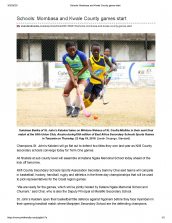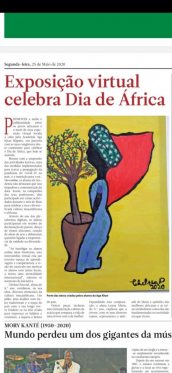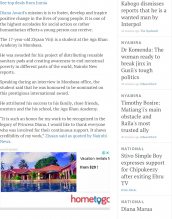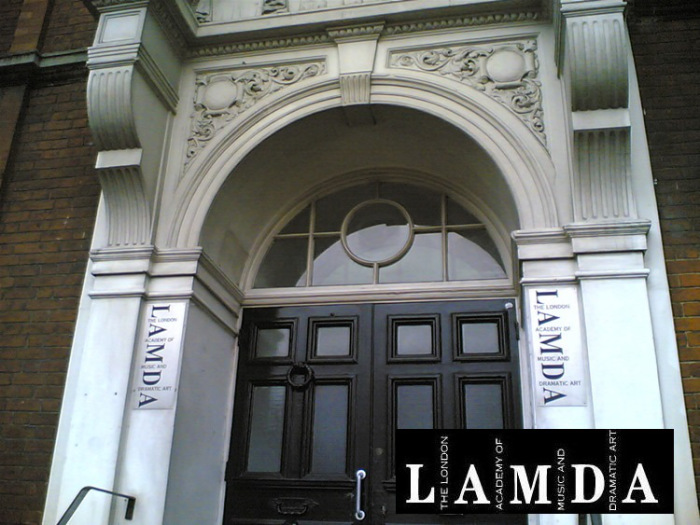Maker Faire international festival - 9am-7pm, 10th & 11 November @ Hitex
15 students from Junior & Senior Schools have been selected to present unique projects at an event celebrating innovation amongst young people and adults in Hyderabad. Parents can get a complimentary pass.
49th annual Earth Day - 22nd April 2019
Students of the MYP spared no punches in this morning’s Earth Day celebrations, setting the tone for a day when we reflect on our choices, their impact on the environment, and the actions we can take for a better tomorrow. Detailed report coming soon!
Africa Day celebration
on 25th May from 12:00pm to 4:00pm.
Residential End of Year Celebration
Saturday June 15 at 18h30.
Enrichment celebration: 2-4:30pm, Thursday 5th October
Showcasing learning from the last half-term's enrichment cycle through exhibits, performances and various activities! Open to all students, faculty and staff.
Celebrating Earth Day on Monday 23rd April
Going paperless; a vegetarian lunch made purely from local produce; and wearing only clothing made from natural fiber! Special assembly with student presentations on food wastage.
Schools: Mombasa and Kwale County games start




